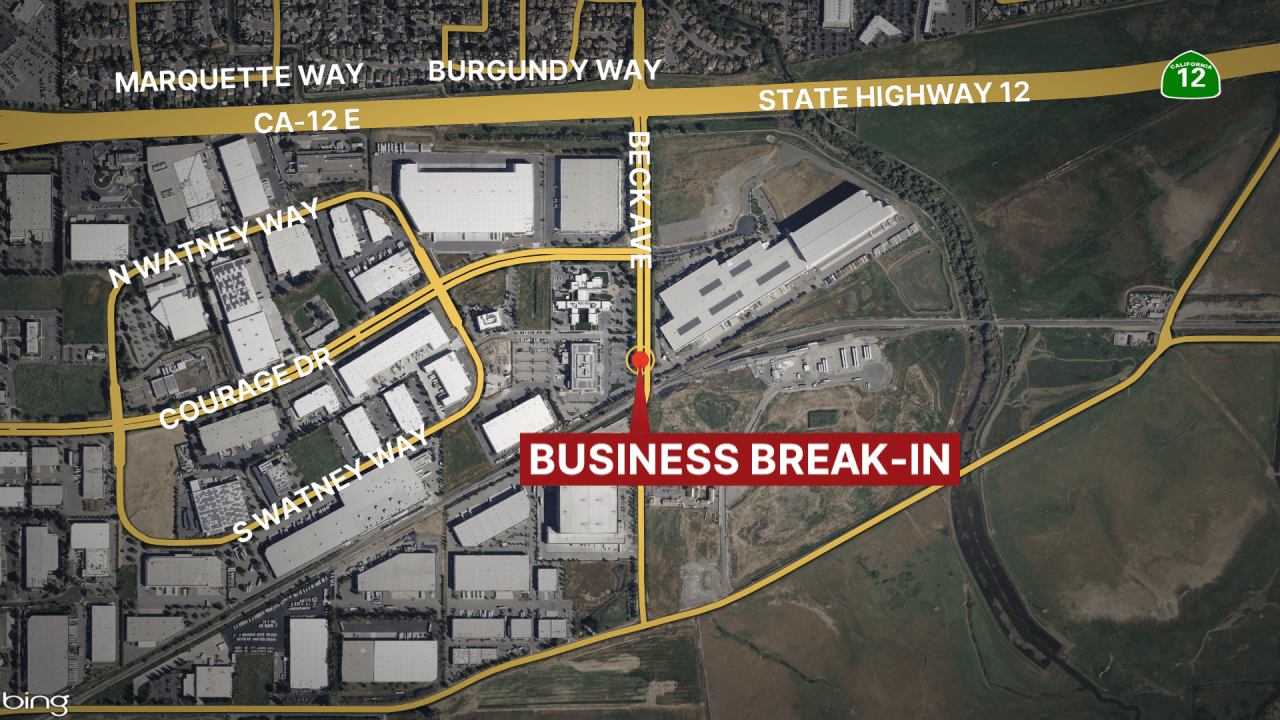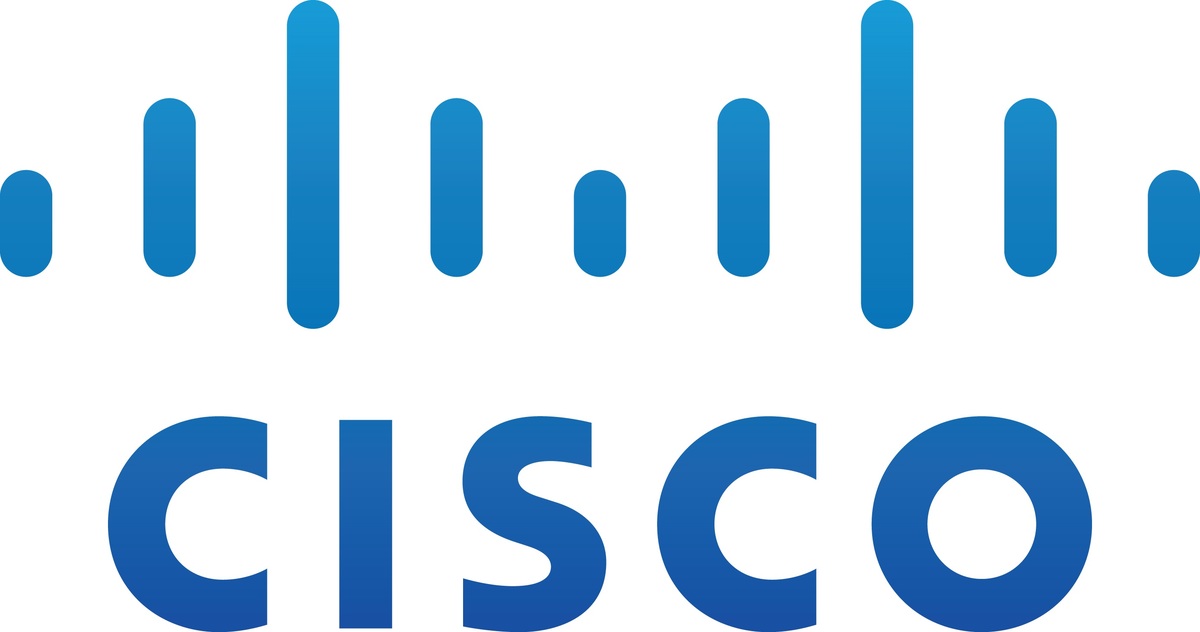Survival Mode: How One 53-Year-Old Navigates Job Market Challenges with Gig Work and Resourcefulness

After 14 months of relentless job hunting, 53-year-old Mark Thompson believes he's uncovered a troubling trend in today's job market: age discrimination. With decades of professional experience under his belt, Thompson feels increasingly frustrated as companies seemingly overlook seasoned professionals in favor of younger candidates.
"I've watched countless job applications disappear into a digital void," Thompson explains, his voice tinged with a mix of determination and disappointment. "Despite my extensive skills and proven track record, it seems like my age is becoming an invisible barrier."
His experience reflects a growing concern among mature job seekers who feel systematically marginalized by hiring practices that appear to prioritize youth over experience. Thompson argues that companies are prematurely dismissing the value that older workers bring—including deep institutional knowledge, refined problem-solving skills, and remarkable professional networks.
As the job market continues to evolve, Thompson remains hopeful that employers will recognize the untapped potential of experienced professionals like himself, who are eager to contribute meaningful work and drive organizational success.








